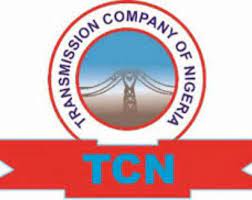Ayomide Olufemi
The Transmission Company of Nigeria (TCN) has revealed the real cause of the system collapse the country experienced recently, saying that the incident was caused by a sudden drop in system frequency from 50.18Hz to 47.63Hz which caused system instability and consequently the collapse of a part of the national grid.
The tripping caused an initial loss of 402 megawatts (MW) of electricity from the grid network. This caused a destabilising imbalance which further caused the pulling out a total of 3,560MW from the grid that finally collapsed part of the national grid.
According to TCN’s general manager public affairs, Ndidi Mbah, she said: “However, the partial system disturbance did not affect parts of the grid such as Afam Complex, Alaoji, Ikot Ekpene, Odukpani, and Calabar axis.
“This means that electricity supply to these areas was not interrupted by the incident.
“According to reports from the Supervisory Control and Data Acquisition (SCADA) readings and some substations, control panel readings by System Operators showed that some units from a particular generating station tripped suddenly.”
Mbah said that TCN commenced the immediate recovery of the grid at 1:19p.m. through Shiroro Generating Station and almost immediately restored electricity to Abuja axis.
The Alaoji–Onitsha axis was restored at about the same time as Abuja, while the Shiroro-Mando axis, on the other hand, was restored by 3:42p.m.
According to her, by 6.57p.m. on Monday, the national grid was fully recovered and operational.
“TCN appreciates the kind understanding of government and electricity consumers within the affected areas as it is consistently executing projects geared towards putting in place a very robust grid.
“It is equally pursuing a nationwide SCADA implementation that would further contribute to grid stability, she added.

